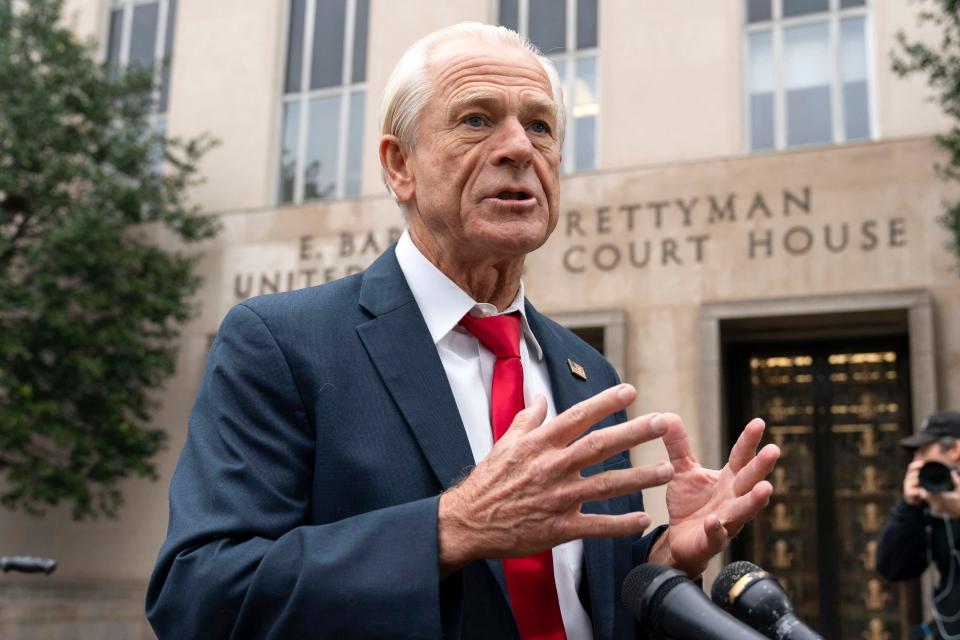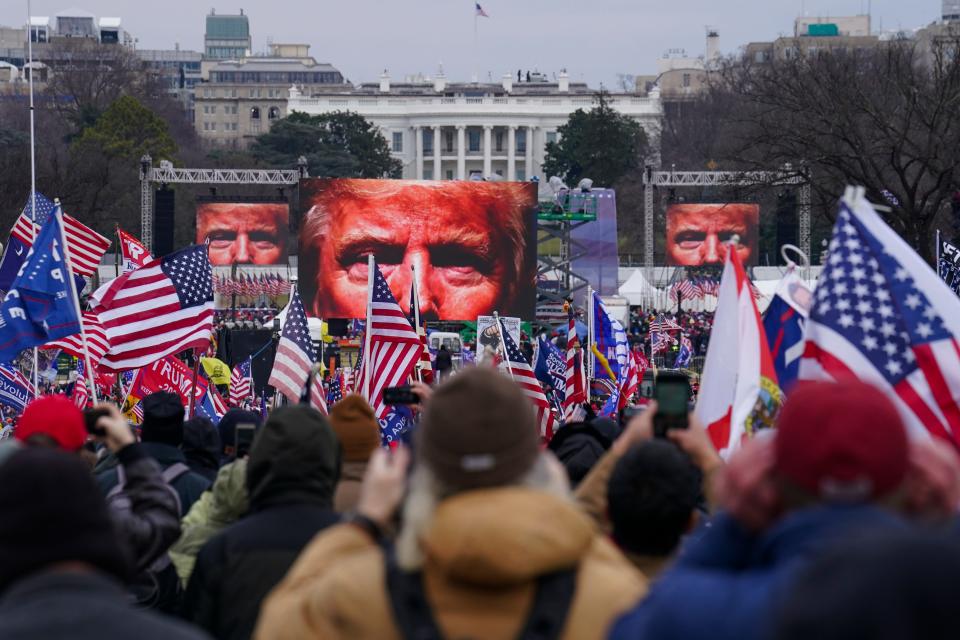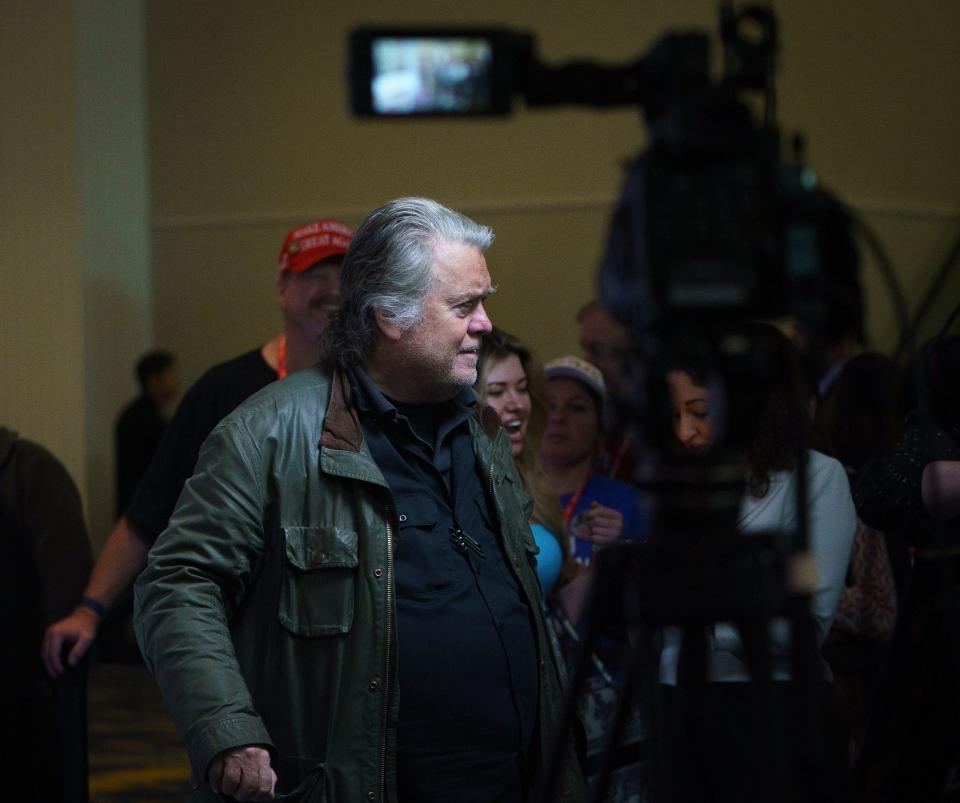Court rejects Trump adviser Peter Navarro's bid to avoid jail in Jan. 6 contempt case
WASHINGTON – A federal appeals panel refused Thursday to postpone Peter Navarro’s imprisonment while the While House trade adviser to former President Donald Trump appeals his conviction for contempt of Congress for defying a subpoena, potentially putting him behind bars on Tuesday.
Navarro told USA TODAY he would appeal to the Supreme Court.
The three-judge D.C. Circuit Court of Appeals unanimously ruled Thursday that Navarro was unlikely to win his appeal.
Navarro “has not shown that his appeal presents substantial questions of law or fact likely to result in reversal, a new trial, a sentence that does not include a term of imprisonment, or a reduced sentence of imprisonment that is less than the amount of time already served plus the expected duration of the appeal process,” Judges Patricia Millett, Cornelia Pillard, and Robert Wilkins ruled.
The decision sets up a possible Supreme Court challenge for Navarro to appeal his conviction and sentence.
Navarro was convicted in September for refusing to testify or provide documents to the House committee that investigated the Jan. 6, 2021, Capitol attack. U.S. District Judge Amit Mehta on Jan. 25 sentenced the outspoken aide to four months in jail and fined himi $9,500.
The Bureau of Prisons scheduled Navarro to report for detention by 2 p.m. Tuesday in Miami – unless the Supreme Court intervenes.
Here's what we know about Navarro's case:

What is Peter Navarro arguing at the appeals court?
Navarro argued that Trump had asserted executive privilege to keep their communications confidential and block his testimony. But Mehta found no evidence Trump invoked executive privilege.
Even if Trump had asserted the privilege, Navarro would have still had to appear before the committee and invoke the privilege, Mehta ruled. The committee could have asked him questions unrelated to Navarro’s communications with Trump, including his efforts to overturn the 2020 election.
Mehta ordered Navarro to be jailed pending his appeal because the issues he was raising were potentially doubtful or frivolous.
The appeals court rejected Navarro’s argument that the assertion of executive privilege is either automatic or not one for the courts to decide because Mehta found it wasn’t invoked.
“That did not happen here,” the appeals panel wrote.
The appeals court also ruled that even if executive privilege were invoked, Navarro’s indictment still wouldn’t necessarily be dismissed because of “the imperative need for evidence,” the judges wrote.

Why did the House Jan. 6 committee want to question Navarro?
The House committee sought to question Navarro because, in his 2021 book "In Trump Time," Navarro described a scheme to delay certification of President Joe Biden's 2020 election that he called the "Green Bay Sweep" and said it was the "last, best chance to snatch a stolen election from the Democrats’ jaws of deceit."
The committee said in its letter to Navarro that he had said Trump and "more than 100 members of Congress were 'on board with the strategy.'"
The committee also said Navarro released a three-page report on his website that repeated claims of purported fraud in the election that have been discredited by state and local officials.

Who else was charged with contempt in the Jan. 6 investigation?
Navarro was one of four people the House voted to recommend the Justice Department prosecute during the Jan. 6 probe.
Political strategist Steve Bannon was also convicted, sentenced to four months in jail and remains free while he appeals.
But the Justice Department decided against charging former White House chief of staff Mark Meadows and former deputy chief of staff Dan Scavino.
This article originally appeared on USA TODAY: Peter Navarro will have to fight Jan. 6 case from jail: Appeals court
